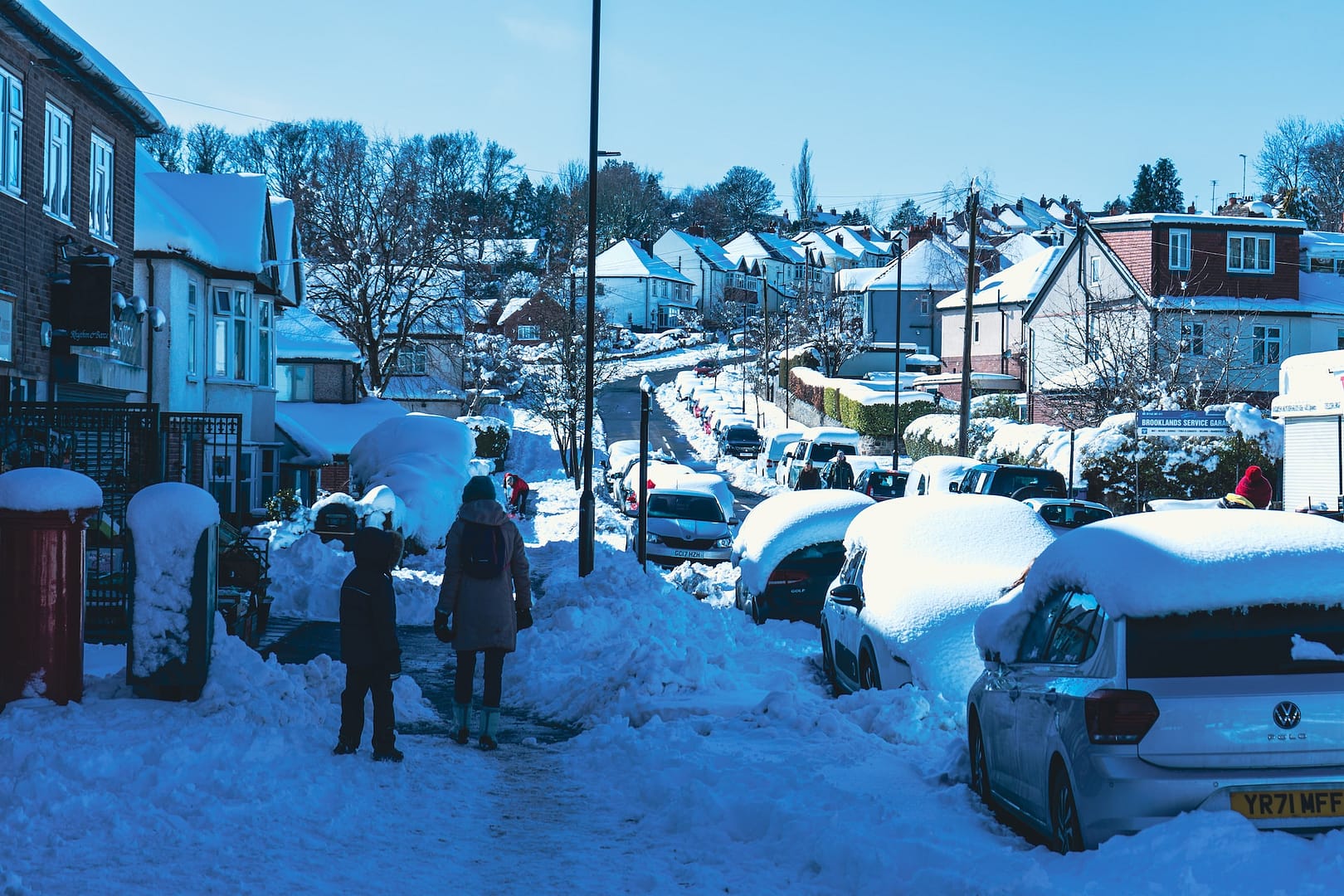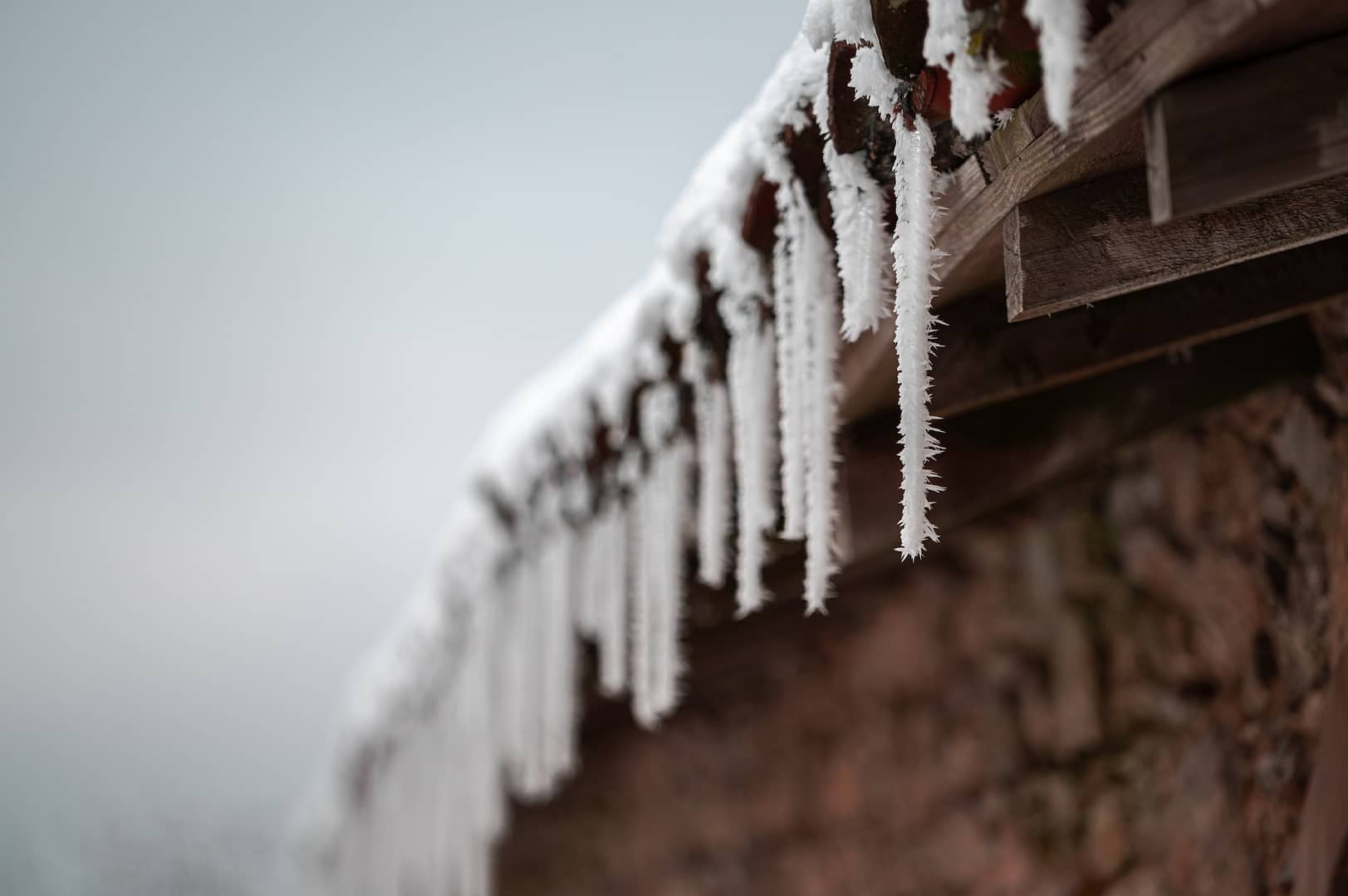As the crisp winds of autumn start to make their presence felt and the leaves fall from the trees, there’s one undeniable fact: winter is on its way. While the winter season in the UK can be picturesque, it also brings with it the challenges of cold weather, shorter daylight hours, and increased energy bills. To ensure your home remains a cosy retreat during the chilly months, it’s essential to take proactive steps in preparing your home for winter in the UK. In this comprehensive guide, we will walk you through the key aspects of winter home preparation, from insulating your property to safeguarding against common winter woes. We will also walk you through the best way to start a housing disrepair claim.
The Importance of Winter Home Preparation
Before we dive into the nitty-gritty of winterising your home, let’s discuss why it’s crucial in the first place. Winter in the UK can be unpredictable, with temperatures often dropping below freezing. Failing to adequately prepare your home can lead to a host of problems, including:
Increased Energy Bills
As the temperature drops, your heating system has to work harder to maintain a comfortable indoor climate. This increased workload translates to higher energy consumption and subsequently, inflated heating bills.
Cold Drafts
Poorly insulated homes are prone to cold drafts, making it challenging to keep your living spaces warm and inviting. This not only affects your comfort but also your overall well-being during the winter months.
Frozen Pipes
Frozen pipes can be a homeowner’s nightmare. When water freezes inside pipes, it can expand and cause them to burst, resulting in costly water damage.
Reduced Indoor Air Quality
Homes that aren’t adequately ventilated during the winter months can suffer from reduced indoor air quality, as pollutants and allergens become trapped indoors. This can lead to health issues, particularly for those with respiratory conditions.
Now that we understand the importance of preparing your home for winter, let’s delve into the practical steps you can take to ensure a warm and cosy abode during the chilly season.
Preparing Your Home for Winter: A Step-by-Step Guide
Insulate, Insulate, Insulate
If there’s one thing that can significantly impact your home’s ability to retain heat, it’s insulation. Start by checking your home’s insulation, particularly in the attic and walls. If your insulation is outdated or inadequate, consider investing in an upgrade. Proper insulation not only keeps your home warmer but also reduces energy consumption, leading to lower heating bills.
Seal Cracks and Gaps
Cold air can find its way into your home through even the tiniest cracks and gaps. Carefully inspect your doors, windows, and any other potential entry points for drafts. Seal them using weatherstripping or caulk to prevent warm air from escaping and cold air from entering.
Service Your Heating System
Before the winter chill sets in, it’s essential to have your heating system serviced by a qualified technician. Regular maintenance ensures that your system operates efficiently, reducing the risk of breakdowns when you need it most. Don’t forget to replace air filters, as clogged filters can impede airflow and reduce heating efficiency.
Protect Your Pipes
To prevent frozen pipes, insulate any exposed pipes in unheated areas of your home, such as the basement or attic. During particularly cold nights, leave faucets dripping to keep the water flowing and reduce the risk of freezing.
Check Your Roof
A well-maintained roof is crucial in keeping your home warm and dry during the winter. Inspect your roof for missing or damaged shingles and address any issues promptly to prevent leaks.
Install Heavy Curtains
Thick, thermal curtains can be a game-changer in retaining heat. Consider hanging them in rooms with large windows or areas that feel particularly draughty. Close them at night to keep the warmth in and the cold out.
Stock Up on Winter Essentials
Before winter arrives, stock up on essential supplies, such as rock salt for de-icing walkways, a shovel, and extra blankets. Having these items on hand can be a lifesaver during unexpected winter storms.
Plan for Power Outages
Winter storms can sometimes lead to power outages. To stay prepared, invest in a portable generator or have a backup power source like a power bank for your essential devices.
Keep Your Home Well-Ventilated
While sealing gaps and cracks is essential, it’s equally important to ensure proper ventilation to maintain indoor air quality. Use exhaust fans in the kitchen and bathroom to remove moisture and pollutants, and crack open a window periodically to allow fresh air in.
Emergency Kit and Communication Plan
Prepare an emergency kit that includes essential items like flashlights, batteries, non-perishable food, and a first aid kit. Additionally, establish a communication plan with family members in case of severe weather conditions or power outages.
Be Mindful of Carbon Monoxide
As you increase your heating usage during the winter, it’s crucial to be aware of the risk of carbon monoxide (CO) poisoning. Install CO detectors in your home, particularly in bedrooms and near heating sources, and test them regularly to ensure they are functioning correctly.
Making a Housing Disrepair Claim with National Claims
At National Claims, we understand that despite your best efforts to prepare your home for winter, unexpected issues can still arise. If you find yourself facing housing disrepair problems during the winter months in the UK, we’re here to guide you through the process of making a housing disrepair claim.
Note: You can only make a claim if you are currently living in social housing.
Recognising Housing Disrepair
Before you can make a claim, it’s essential to recognize the signs of housing disrepair. Common issues that may indicate disrepair include:
Damp and Mould
The appearance of damp patches on walls or ceilings, along with mould growth, is a clear sign of disrepair, often resulting from leaks or inadequate insulation.
How Much Compensation For Damp And Mould UK?
To find out how much compensation you can receive for your housing disrepair, it is best to fill out one of our claims forms that can be found throughout our website.
Structural Problems
Cracks in walls, ceilings, or floors can indicate structural issues that need immediate attention.
Heating and Plumbing Issues
If your heating system fails to provide adequate warmth or you experience plumbing problems such as leaks or blocked drains, these are clear signs of disrepair.
Electrical Problems
Faulty wiring, flickering lights, or frequent electrical outages are safety hazards that require prompt attention.
Pest Infestations
The presence of pests such as rodents or insects can be a sign of disrepair, particularly if they gain access through gaps or holes in your property.
Contacting National Claims
If you’ve identified housing disrepair issues in your home, the first step is to get in touch with National Claims. Our experienced team of professionals is well-versed in handling housing disrepair claims in the UK. Here’s what you can expect when you reach out to us:
Initial Assessment
Upon contacting National Claims, we will conduct an initial assessment of your case. We’ll gather information about the disrepair issues you’re facing, the extent of the damage, and any previous attempts you’ve made to address the problems.
Expertise
Our team of claims specialists specialise in housing disrepair claims. They will evaluate your case, identify responsible parties, and advise you on the best course of action. They will also provide further guidance on the claims process.
Resolution and Repairs
Once a resolution is reached, we will oversee the repairs to your property. Our team will ensure that the necessary work is completed to a high standard, restoring your home to a safe and habitable condition.

Conclusion
Preparing your home for winter in the UK is a proactive step towards a comfortable and secure living environment. However, if you find yourself facing housing disrepair issues, it’s essential to take swift action. National Claims is here to support you throughout the process, from identifying disrepair problems to pursuing compensation and overseeing repairs. With our experienced team by your side, you can navigate the complexities of housing disrepair claims with confidence, ensuring that your home remains a warm and safe haven, even during the harshest winter conditions. Don’t hesitate to contact National Claims for expert assistance in resolving your housing disrepair concerns and safeguarding your well-being this winter.
Contact us to be put in touch with one of our claims specialists and start your claim today.
Click below to see why we are one of the most trusted claims management companies in the UK.

We’re proud of our excellent customer reviews
We thrive on delivering exceptional service and ensuring our clients’ satisfaction. Don’t just take our word for it. Check out some of our independent reviews to see what our clients have to say.
Excellent

This firm is excellent, they sorted out my car pay out and injury claim very fast, they always communicate with you all the time.

My accident case was dealt with confidence and with great result of the outcome, especially James kept me informed all the time.

I was very impressed at the way my inquiry was treated. I was listened to attentively and everything I needed to know was explained to me.






